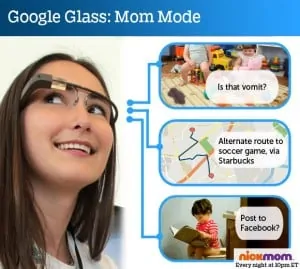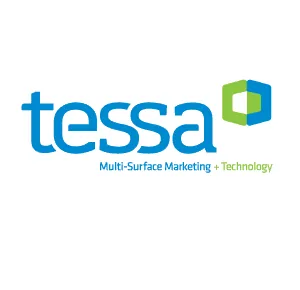
May 1st, 2013
SEO for Google Glass will further evolve the need for search engine optimization geared towards social media, geolocation and “as spoken” search terms. Google Glass, a Heads Up Display (HUD) mounted on eyeglass frames, is believed to become the hot fad gadget of 2013 and 2014. What will it mean for search engine optimization? Google Glass pushes SEO further into its need to focus on local SEO, maps and social media, which really got pushed in that direction from the iPhone in 2007. Google Glass will not just further the trend towards mobile, quick, on-demand information access, it will make it effortless. The camera has been reported to be activated and take a picture within one second versus the time to get out your cell phone, open the camera, focus, click, etc.
The Impact of Google Glass on Search Engine Optimization
1. Google+ Local and Google Maps optimization will be the critical part of SEO for Google Glass, and
2. Google+ will dominate social media on Google Glass
The requirement for users og Google Glass for ultra-fast access to search results (via visual display) will make the built-in apps of Google Maps and Google+ the go to applications. Hence, Google+ Local optimization will be the critical part of SEO for Google Glass. In addition, there are reports that battery life is an issue and having extra apps running for Facebook, LinkedIn, Twitter, etc. may drain your battery. Installing these apps may further burden your limited battery. Ahh, that’s how to make Google+ a dominant player in social media.
3. Geotagging will be critical for search engine optimization for Google Glass, unless you want to pay for Google Adwords
Please no! Google Adwords on my eyeball? According to Rackspace’s Robert Scoble on his Google+ page, Google Glass will NOT flood our eyes with Pay Per Click and Google Adwords. Google is forbidding advertising in apps for Google Glass. Google will instead get some “micropayment anytime I complete a transaction like reserving a seat at a restaurant.” This point by Scoble seems more far fetched. I believe that Google will still be selling advertising through Google Glass. Just as TV advertisements have evolved to inconspicuous product placements on TV shows, Google Glass will make paid advertisers stand out a little more. Not by spinning a PPC ad, but by highlighting the restaurant in your view that is paying Google. Google Glass will still need to show you the other restaurants listed in Google+ Local that you are looking at. Otherwise, users would give much less value to the product. Just like if Google search engine results pages only showed advertisements. Hence, if you do not want to pay Google, geotagging will become critical. Google Glass will need to locate content very quickly as your view scans an area. Geotagging, adding XY coordinates to website content, can be indexed numerically and is very fast to retrieve search results.
4. Products that you visually see in real time on Google Glass will not be searched automatically, but voice driven searches will require search engine optimizing “as spoken” search terms
Although the spoof below from NickMom is a parody, one could hope that Google Glass would allow you to look at baby’s vomit and then be able to instantly pull up search results for the “best way to remove vomit from my clothing.” With SEO, your client’s amazing vomit remover would pop up high on the results. Just as Google TV was not able to provide information about what you are watching as you watched it. Google Glass will not have the processing capacity to do the pattern recognition that would be necessary to identify vomit for what it is and provide search engine results. Google Glass will rely on the spoken word for search. How we speak is different then how we write. Search engine optimization for Google Glass will require optimizing new search terms based on the spoken word, which will be more “long tail keywords.” For example, you would type a shortened search phrase to reduce the amount of typing, but speaking is more effort to truncate and feels awkward. I would type “Best SEO Company in Tysons Corner VA,” but I would speak, “What is the best SEO company in Tysons Corner Virginia?”
5. SEO will require many more keywords, because people will verbally search for more long tail keywords
Because saying long tail keywords will be much easier then typing them, the verbal search driven Google Glass will make many more search phrases being used and require search engine optimization. Even now, doing SEO for less than 20 keywords misses a vast number of searches. If Google Glass really takes off, voice driven search will significantly vary search phrases and require SEO for possibly hundreds of search phrases.

